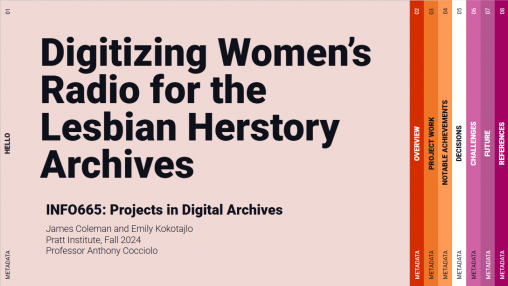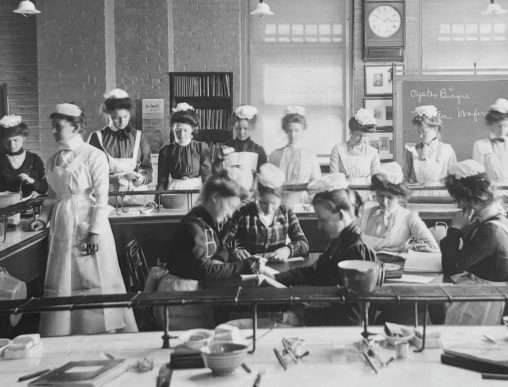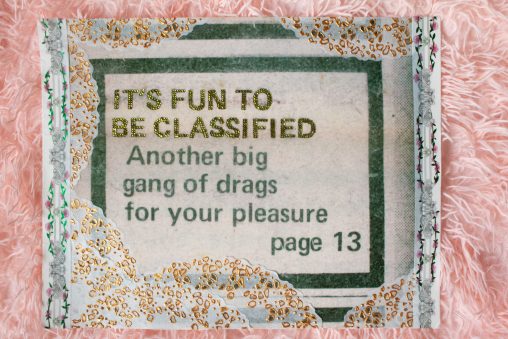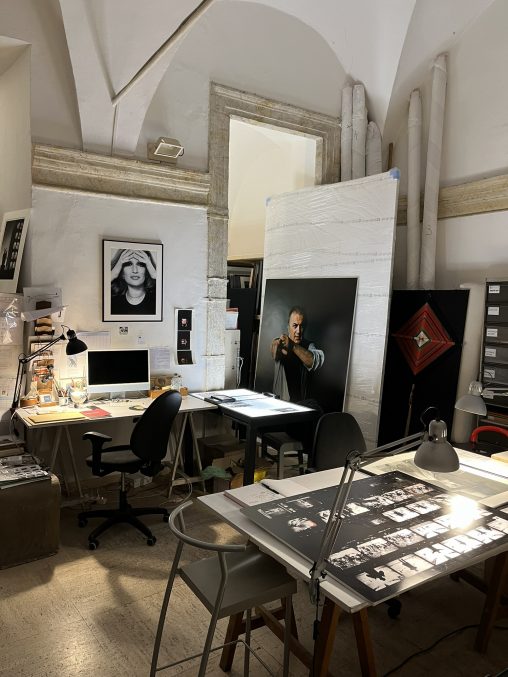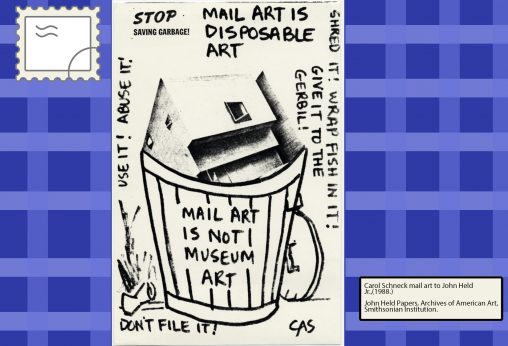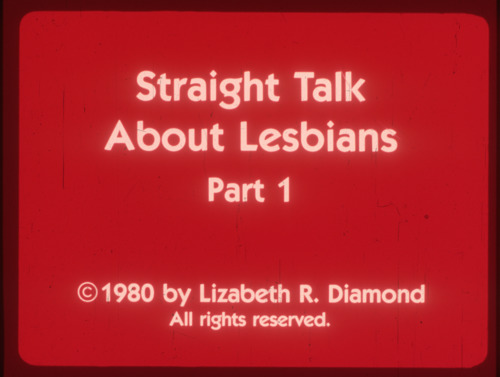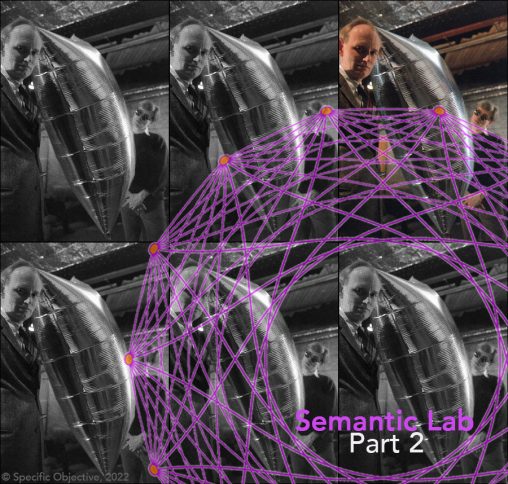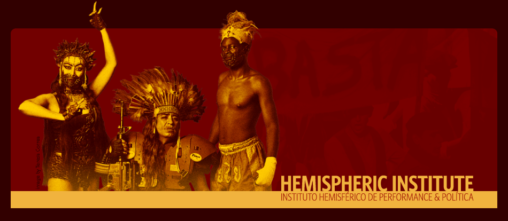Tag: archivesPage 1 of 5
This presentation will touch on the experience of cataloging items from Our Streets Our, Stories by the Center For Brooklyn History’s Pratt Fellow. The Collection is a valuable case study on the importance of collecting robust metadata at the time of collection.
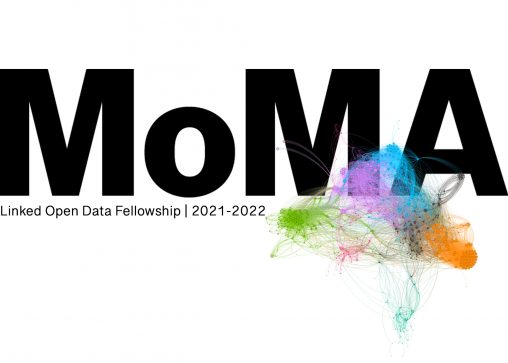
In congruence with the ongoing efforts of MoMA to make its exhibition history available online, the work completed through my MoMA Linked Open Data Fellowship built upon work of previous fellows to model art exhibition event concepts through Wikidata, an open knowledge base, enabling a further reach and connectivity of the institution’s archive and collection data.
My final project for Digital Preservation and Curation examined using accessible web archiving tools to preserve hypertext interactive fiction games made with the platform Twine. The project addresses preservation concerns for the Twine format, with an emphasis on Twine’s interactive components, and on capturing the “experience” of a web page.
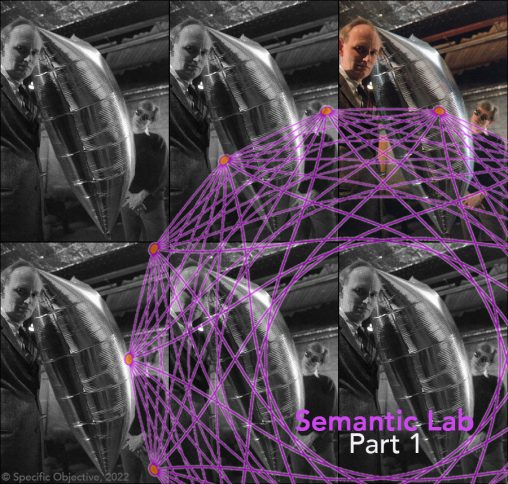
The Semantic Lab has developed several innovative tools to facilitate digital arts and humanities research using linked open data principles and technologies. We will provide an overview of these tools and their applications by featuring use cases from the E.A.T.+LOD Project which focuses on archival documents from the Experiments in Art and Technology (E.A.T.) collection of the Robert Rauschenberg Foundation.
Digital archives systems often swap information encoded as XML. lxml is a Python library that can be combined with another analysis tools to design sophisticated transformations that save time and decrease errors in many digital archives workflows.
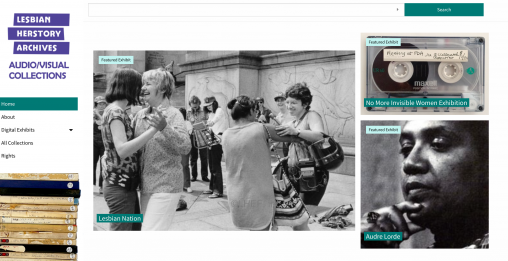
In this presentation, Jessica Haba and Bonnie Whitehouse will discuss their work of curating and describing LGBT audiovisual collections housed at the Lesbian Herstory Archives. They will discuss representing collections online, employing metadata standards, and addressing culturally sensitive topics.
In this presentation, Ali Post and Amy Rupert will present on the work of digitizing audiovisual collections from the Lesbian Herstory Archives. They will discuss the formats encountered and digitized, including U-Matic video, 1/4″ open-reel audio, bound oral history transcripts, and a multimedia film strip. They will discuss the work completed, challenges encountered and overcome, in working with these audiovisual records from the 20th century documenting the LGBTQ community.

This poster will outline a QA documentation workflow developed through the Frick Art Reference Library web archiving fellowship. This outline will emphasize strategies and software for staying organized, developing priorities, and writing legible documentation for the benefit of yourself and others working with the archive now and in the future.
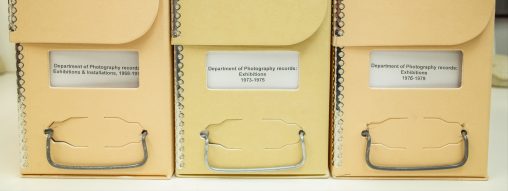
During my time as the Pratt Fellow in the Brooklyn Museum Archives I worked on processing and completing a finding aid for one of the most utilized collections that is currently also the most challenging to access. This collection comprises the bulk of the institution’s visual representation, the Department of Photography records [PHO]. As part of processing the collection, I had to extract information about the collection from Microsoft Access and migrate it to ArchivesSpace. My poster presentation will showcase some of my experiences while completing this project.
This paper examines the right to be forgotten (RTBF) in the context of archival practice, specifically the ways in which it may impact digital archives that collect social media content.
